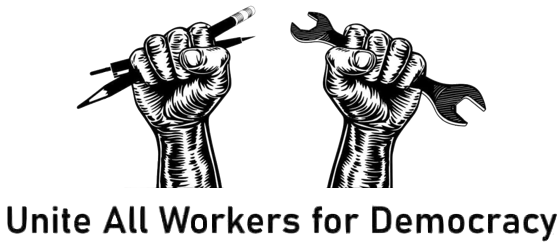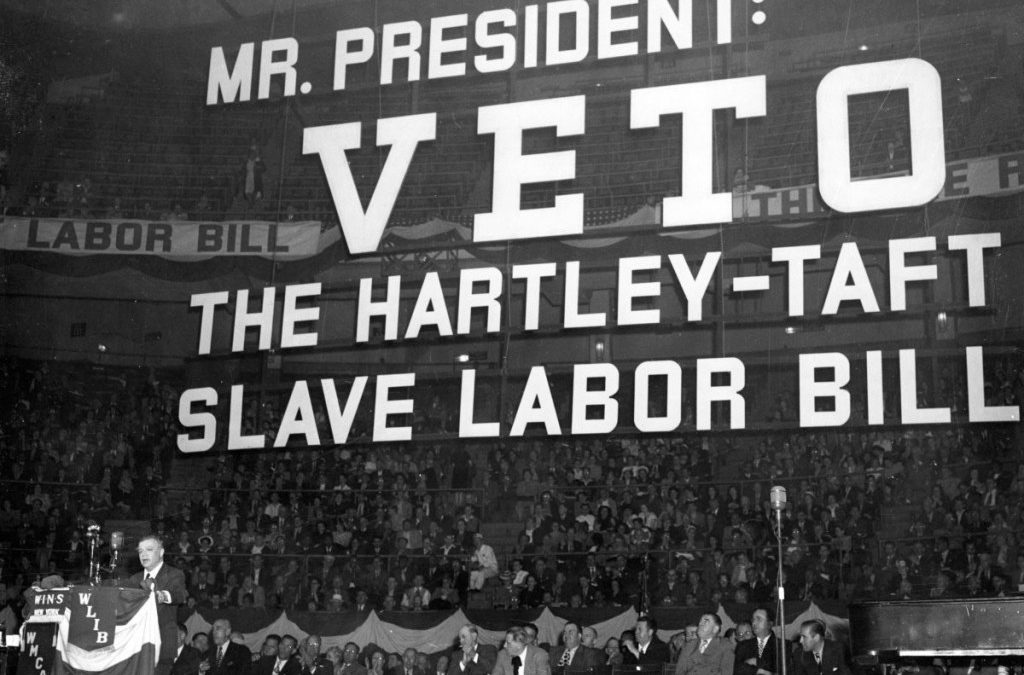You’d have to be over 90 years old to remember it, but when American workers first won the right to strike in 1935, they used it to support each other’s struggles. They refused to deliver or handle goods produced by scabs at another company. They boycotted businesses that bought or sold scab-made products. If a factory was on strike, workers at its suppliers and customers might take action too. All that was outlawed in 1947. And even before that, in 1938, the Supreme Court ruled that employers had the right to “permanently replace” strikers (except in strikes to protest labor law violations). What does a right to strike even mean if your employer also has the right to permanently replace you if you strike? The PRO Act would ban employer use of permanent striker replacements, make it clear that “intermittent” strikes count as strikes, and make sympathy and solidarity strikes legal again, restoring the incredible potential power of workers acting in solidarity.

